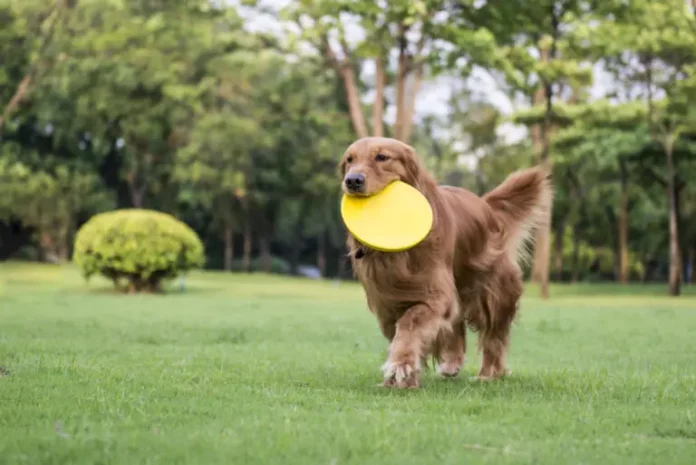Have you ever caught your furry friend obsessively licking metal objects around your house? If you’re wondering “is it bad for my dog to lick metal,” you’re not alone. This peculiar behavior can be concerning for pet parents, and today we’ll dive deep into why dogs engage in this behavior and what it might mean for their health.
Understanding Why Dogs Lick Metal Objects
Dogs are fascinating creatures with some pretty weird habits. As discussed on Pet like boss, our canine companions often display behaviors that might seem strange to us but could have underlying meanings. Metal licking is one such behavior that deserves attention.
Common Reasons Behind Metal Licking
-
Mineral Deficiencies
- Iron deficiency
- Zinc deficiency
- Other essential minerals lacking in diet
-
Medical Conditions
- Pica, a condition causing cravings for non-food items
- Gastrointestinal issues
- Anemia
- Nutritional imbalances
-
Behavioral Factors
- Anxiety or stress
- Boredom
- Compulsive behavior
- Seeking attention
Health Implications of Metal Licking
Potential Risks
-
Physical Dangers
- Dental damage
- Tongue injuries
- Risk of ingesting metal particles
- Potential poisoning from rusty or treated metals
-
Chemical Exposure
- Metal cleaning products
- Rust
- Paint or other coatings
How to Address Metal Licking Behavior
Immediate Steps to Take
-
Veterinary Consultation
- Schedule a check-up
- Request blood work to check for deficiencies
- Discuss dietary needs
-
Environmental Changes
- Remove accessible metal objects
- Provide appropriate chew toys
- Create enriching activities
For more insights about dog behavior and health, check out our comprehensive dog care guides.
Long-term Solutions
-
Dietary Adjustments
- Quality dog food
- Proper supplements if prescribed
- Balanced nutrition
-
Behavioral Training
- Positive reinforcement
- Redirection techniques
- Consistency in commands
Prevention Tips
-
Regular Health Checks
- Annual vet visits
- Blood work monitoring
- Dental examinations
-
Environmental Enrichment
- Interactive toys
- Regular exercise
- Mental stimulation
-
Proper Nutrition
- High-quality dog food
- Appropriate portions
- Fresh water always available
When to Seek Professional Help
Warning Signs
-
Excessive Licking
- Obsessive behavior
- Unable to distract
- Causing physical harm
-
Physical Symptoms
- Bleeding gums
- Damaged teeth
- Digestive issues
- Changes in appetite
Expert Tips for Managing Metal Licking
-
Positive Reinforcement
- Reward good behavior
- Use treats strategically
- Consistent training
-
Alternative Activities
- Food puzzles
- Chew toys
- Interactive play
-
Environmental Management
- Safe play areas
- Proper supervision
- Remove tempting objects
While asking “is it bad for my dog to lick metal” is a valid concern, the answer isn’t always straightforward. The behavior itself might indicate underlying issues that need attention. By understanding the potential causes and taking appropriate action, you can help your furry friend develop healthier habits.
Remember that every dog is unique, and what works for one might not work for another. Stay patient, consistent, and always consult with professionals when needed. Your dog’s health and happiness are worth the effort to address this unusual behavior properly.
Quick Action Steps:
- Monitor the frequency and intensity of metal licking
- Schedule a vet check-up
- Evaluate your dog’s diet
- Implement prevention strategies
- Stay consistent with training
By following these guidelines and staying attentive to your dog’s needs, you can help ensure they stay healthy and happy while breaking this potentially harmful habit. Remember to always consult with your veterinarian for personalized advice regarding your pet’s specific situation.












![Are Dog Bandanas Safe? A Complete Guide to Stylish and Secure Pet Accessories [Discussion] Are bandanas bad or just neutral? : r/dogs](https://petlikeboss.com/wp-content/uploads/2024/11/banner_images_10_1200x1200-100x70.png)